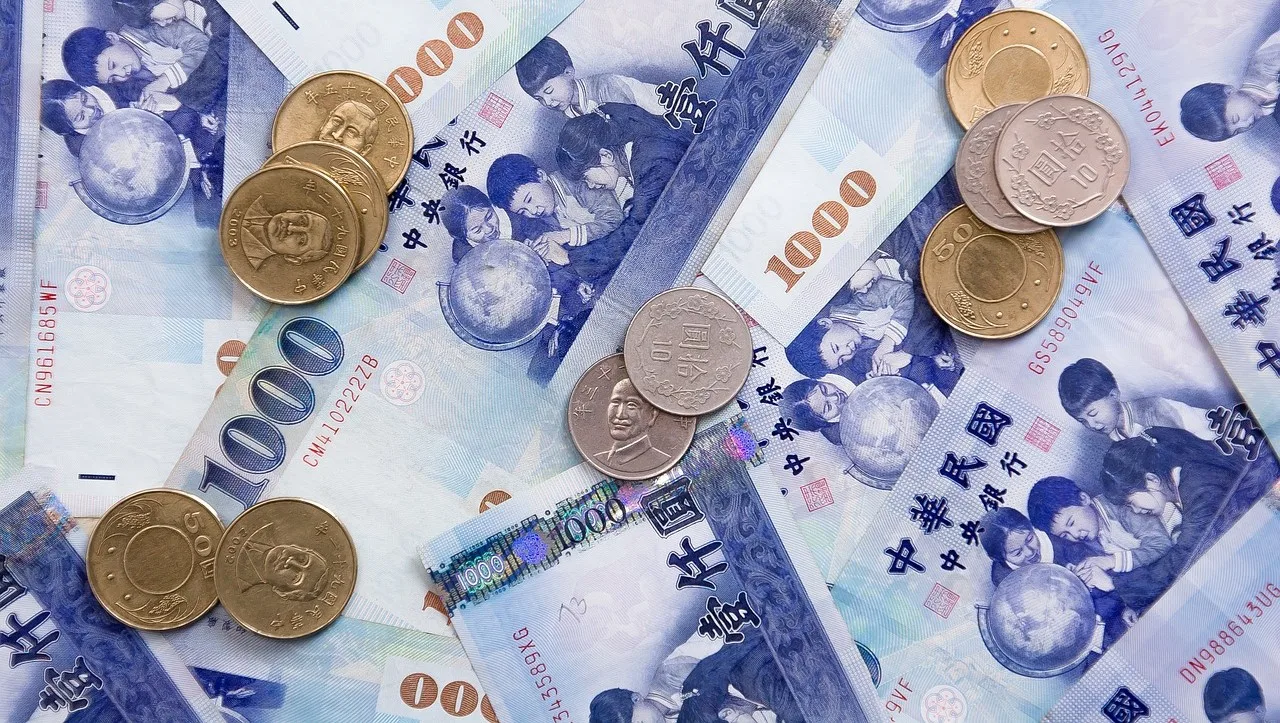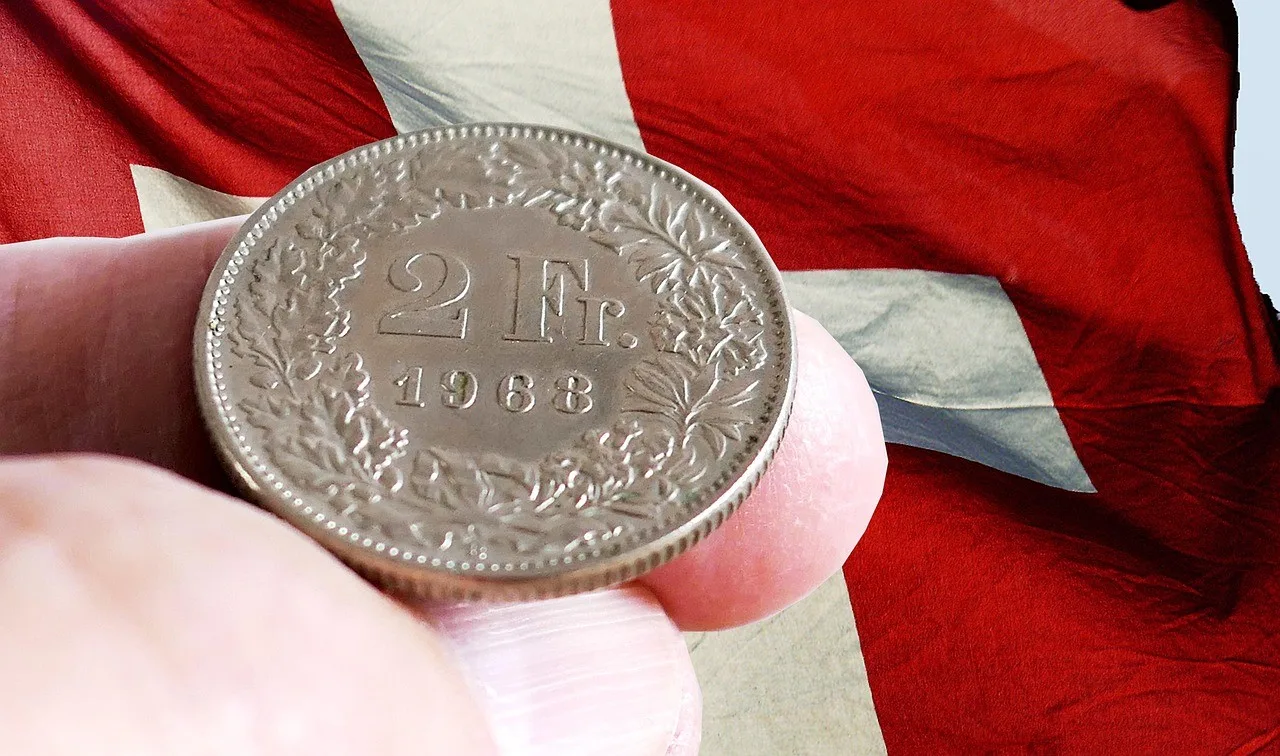
Concerns Rise as Taiwan Dollar Rally Puts Pressure on Island’s Businesses
The recent surge in the Taiwan dollar is causing anxiety among companies on the island. This year, the currency has appreciated by approximately 8.5% against the US dollar, with a 5.31% jump on Monday marking the largest single-day surge since 1988. Taiwan’s significant exposure to the United States, as noted by Morgan Stanley, leaves its businesses vulnerable to high tariffs and excessive currency appreciation. A strong currency not only impacts exports by making them less competitive, but also leads to a decrease in the value of US dollar-denominated assets once converted into local currency.
Goldman Sachs projects that corporate profits in Taiwan could face a negative impact of up to 6% if the currency remains at its current level. Since the end of March, consensus estimates for 12-month earnings on the Taiwan stock exchange have been revised downward by 1%. “Since March, negative earnings revisions for the Taiex have been linked to global growth prospects, which would affect sales of export industries, particularly in the high-tech sector,” said William Yuen, CIO at Invesco Hong Kong Ltd., referring to Taiwan’s benchmark stock index. “The recent strength of the Taiwan dollar, if sustained, would temporarily add further headwinds to earnings.” Most companies do not implement adequate currency hedges, as observed by JPMorgan Chase analysts. This is because the cost of hedging “has historically been seen as more expensive over the production cycle.”
Sectors Most Affected by the Strength of the Taiwan Dollar
Several sectors in Taiwan have become global benchmarks due to the concentration of a significant portion of production activity in the country. Taiwan is home to semiconductor giant TSMC (Taiwan Semiconductor Manufacturing Company), which produces chips for tech behemoths like Nvidia and Apple. The Asian giant is highly exposed to the risks of excessive strengthening of the Taiwan dollar given its strong base of US dollar revenues and predominantly local production. The company generates 90% of its sales outside of Taiwan, according to corporate reports. JPMorgan analysts estimate that the recent 10% appreciation of the Taiwan dollar in the past month will negatively impact earnings per share by 4-10% if this trend continues throughout the year. TSMC recently reported that for every 1% increase in the local currency, its operating margin decreases by approximately 0.4%.
Insurance companies in Taiwan are also feeling the repercussions of the strong Taiwan dollar, as they hold a significant amount of US Treasury securities and bonds in their portfolios. According to HSBC Holdings, these investments make up over half of total foreign holdings and have an average currency hedging ratio of less than 60%.
Financial regulatory authorities in the country have assured the absence of risks of insolvency or liquidity issues for the companies. However, the earning outlook for insurers is bleak due to currency matters. “Companies would be stuck with a weak dollar if they added hedges now, but doing nothing exposes them to further exchange losses,” stated Bank of America.











